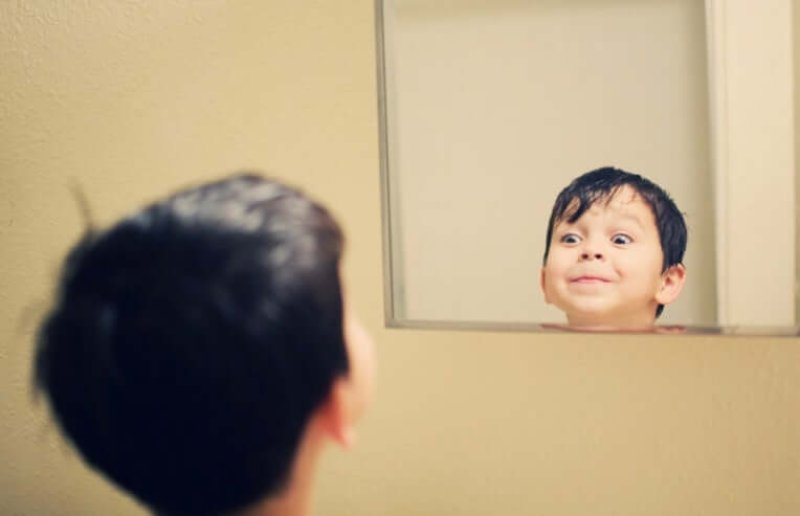[I remember] when I first became self-conscious, aware of myself as something weird, distinct from the rest of the world, demanding explanation.
…
In a 1959 BBC show, the interviewer asks [Carl] Jung (just over three minutes into the interview): “Can I take you back to your own childhood? Do you remember the occasion when you first felt consciousness of your individual self?” Jung replies:
That was in my eleventh year. On my way to school, I stepped out of a mist. It was just as if I had been in a mist, walking in a mist, and then I stepped out of it and then I knew, I am. I am what I am.
…
Monistic experiences get most of the attention, because they are usually accompanied by bliss and spiritual exaltation rather than anxiety and alienation. Enlightenment, the goal of Buddhists and other spiritual seekers, is supposedly monistic. But I prefer my humble dualistic experience. It has left me with an abiding sense that the world is utterly weird, and the weirdest thing of all is that I’m here feeling the weirdness. It’s an unsettling feeling, but I cherish it.
Read full, original post: The Dawn of Self-Consciousness































